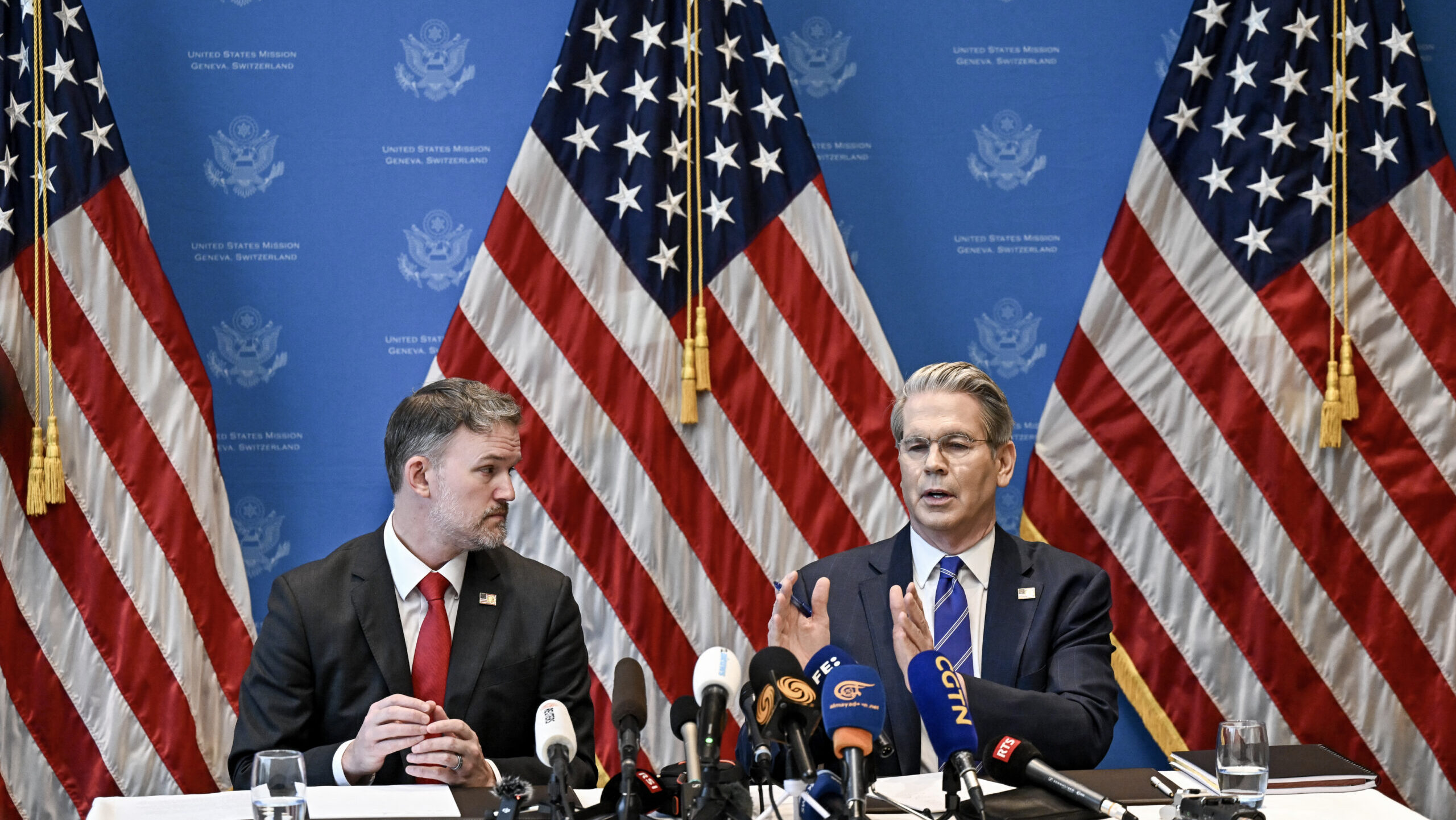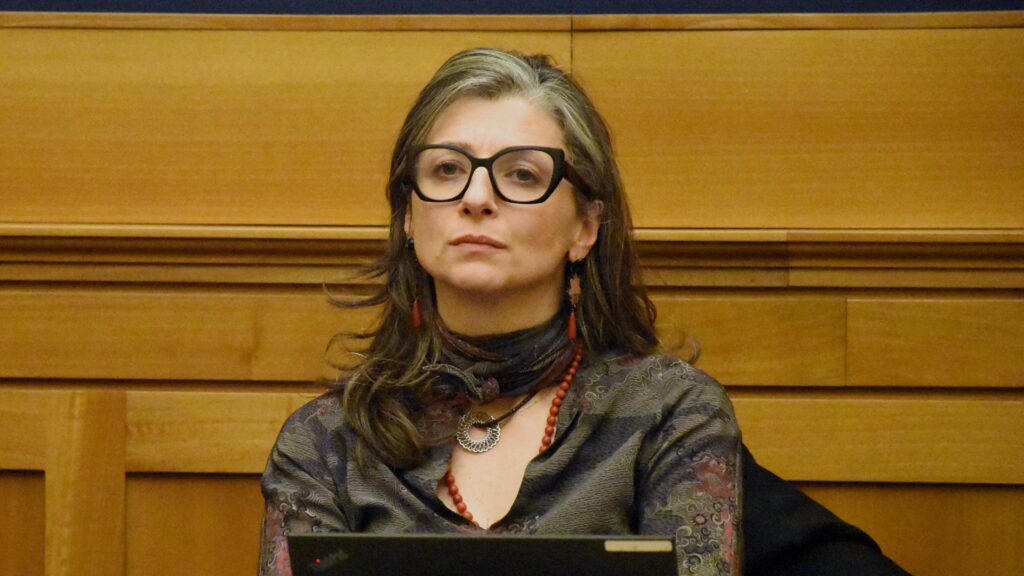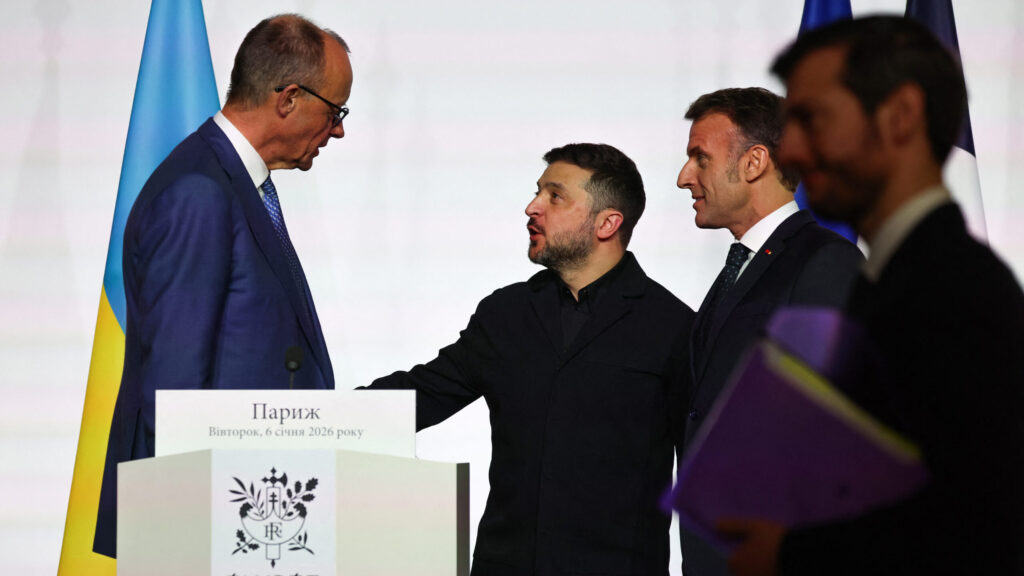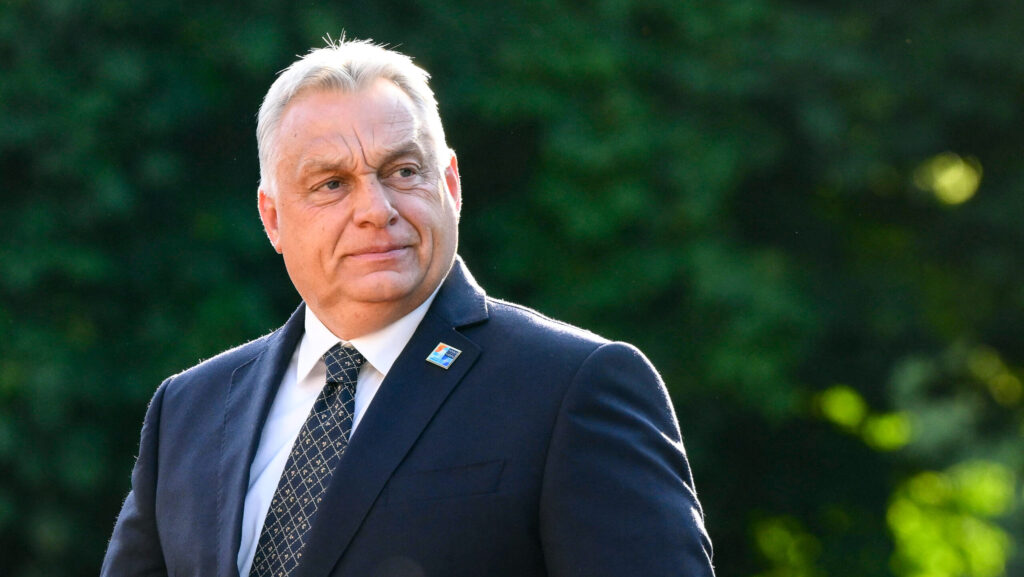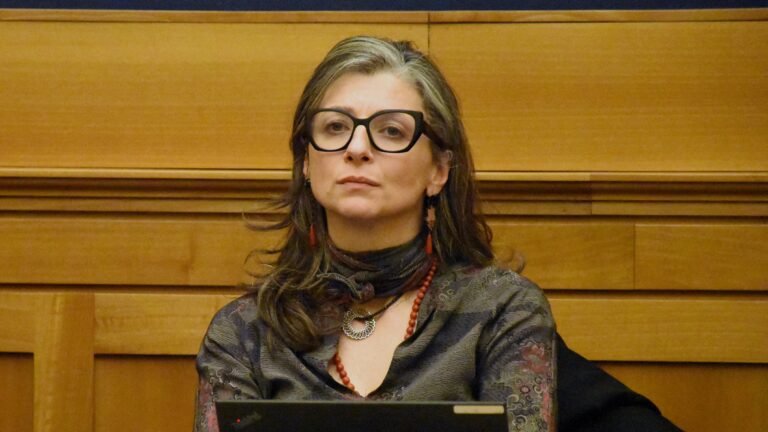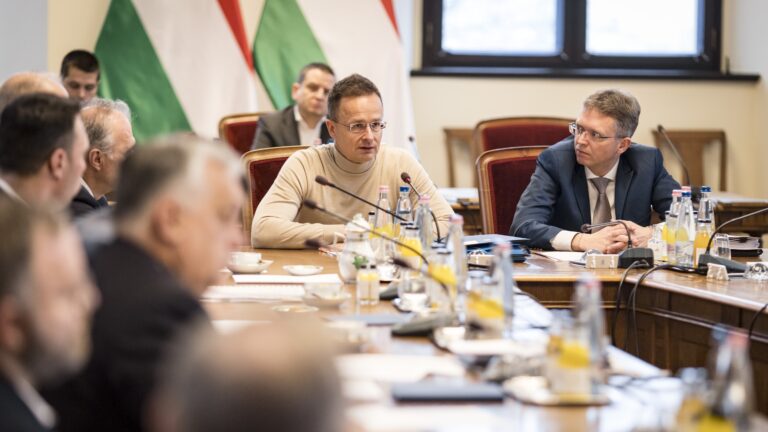After two days of talks in Geneva, Switzerland, the United States and China have agreed to significantly roll back tariffs on each other’s imports. Washington will reduce the additional tariffs it imposed on Chinese goods this year from 145 per cent to 30 per cent, while China will cut its tariffs to 10 per cent from 125 per cent.
The agreement also means that US President Donald Trump has agreed to scale back his so-called ‘Liberation Day’ tariffs—from 34 per cent to 10 per cent for a 90-day period—and to remove all tariffs imposed during the subsequent tit-for-tat escalation. China has reciprocated by eliminating all but 10 per cent of the tariffs introduced since 2 April, leaving the current rate at 10 per cent.
However, China still faces a 30 per cent baseline tariff once duties imposed before 2 April are included. This includes two rounds of fentanyl-related tariffs implemented in February and March. Chinese products such as electric vehicles, steel, and aluminium will also remain subject to separate tariffs levied over the past several years.
The announcement came on late Sunday after intensive negotiations in Geneva between US Treasury Secretary Scott Bennet and his Chinese counterpart, He Lifeng. ‘President Donald J Trump reached an agreement with China to reduce China’s tariffs and eliminate retaliation, retain a US baseline tariff on China, and set a path for future discussions to open market access for American exports,’ the White House said in a statement. It described the deal as a ‘historic trade win’ for the United States, adding that it aims to correct trade imbalances and deliver lasting benefits to American workers, farmers, and businesses.
As Reuters noted, China also agreed to remove non-tariff countermeasures imposed against the United States since 2 April, although the details on how some of these steps will be reversed remain unclear.
Donald J. Trump Posts From His Truth Social on X (formerly Twitter): "pic.twitter.com/sMD0NvQmiH / X"
pic.twitter.com/sMD0NvQmiH
In its April retaliation, China added rare earths to its controlled export list, launched an anti-dumping investigation into US chemical firm DuPont’s China operations, and blacklisted several American defence and technology firms. The wording of the agreement suggests that these companies will be removed from the blacklist and that the anti-dumping investigation will be dropped.
Before the official White House statement was released, Trump posted on Truth Social: ‘My next TRUTH will be one of the most important and impactful I have ever issued. ENJOY!’
Zoltan Kovacs on X (formerly Twitter): "❗️ @FM_Szijjarto welcomed the success of recent US-China trade and tariff talks during the visit of Bank of China Chairman Ge Haijiao to Budapest. He stressed that outside the EU, China and the US are Hungary's most important economic partners.🤝 "We welcome the success of... / X"
❗️ @FM_Szijjarto welcomed the success of recent US-China trade and tariff talks during the visit of Bank of China Chairman Ge Haijiao to Budapest. He stressed that outside the EU, China and the US are Hungary's most important economic partners.🤝 "We welcome the success of...
Hungarian Minister of Foreign Affairs and Trade Péter Szijjártó welcomed the outcome of recent US–China trade and tariff negotiations during the visit of Bank of China Chairman Ge Haijiao to Budapest. He emphasized that, outside the European Union, China and the United States are Hungary’s most important economic partners. ‘We welcome the success of US–China trade and tariff negotiations and greatly appreciate the steps taken to ensure the continued functioning of global trade,’ he wrote, following news that the two governments had agreed on mutual tariff reductions after months of escalating tensions.
Related articles:

